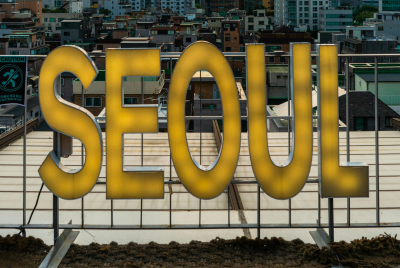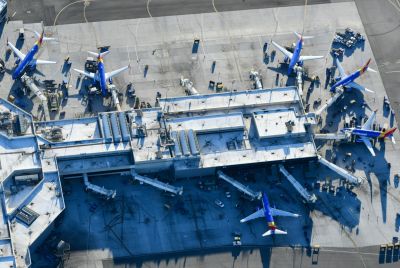London still faces Night Tube strike despite 'useful' talks between TfL bosses and unions
Sources tell IBTimes UK that drivers are expected to back the industrial action in 'career block' row.
London Underground's Night Tube is still facing a strike despite "useful" talks between management and union officials, sources close to the negotiations told IBTimes UK on Friday (10 March).
The development comes just days before the industrial action ballots are returned to the RMT on Tuesday 14 March and to sister transport union Aslef on Thursday 16 March.
"Not much [is] happening at the moment," one union source told IBTimes UK, whilst a separate union source said "useful talks are taking place but there is no resolution as yet. We are cautiously optimistic."
The parties met on Tuesday 7 March and Thursday 9 March in a bid to resolve the "career block" row.
The dispute is over part-time Night Tube operators allegedly being stopped from moving into vacant full-time positions for a period of at least 18 months, while other staff, including part-time Night Tube station staff, are eligible to apply for the roles.
Top officials at the RMT and Aslef are recommending that their driver members vote for industrial action in a bid to put more pressure on Transport for London (TfL) bosses.
Peter McNaught, London Underground operations director, said "Night Tube services have been running since August last year in line with agreements reached with the unions. We invite the RMT to continue meeting with us to discuss any issues that need to be resolved and there is no need to threaten industrial action."
How much is the Night Tube worth to London?
A report for the independent body London First estimated that the Night Tube will be directly responsible for more than 2,000 new jobs, including 500 extra on the service itself.
The study also suggested the service could boost London's economy by £77m annually, with London's overall night-time economy worth £30bn a year by 2030.
According to TfL, the 24-hour service will cut night-time journeys by an average of 20 minutes, but some will be reduced by more than an hour. The Night Tube accompanies TfL's system of night buses, of which usage has risen by 173% since 2000.
© Copyright IBTimes 2025. All rights reserved.






















